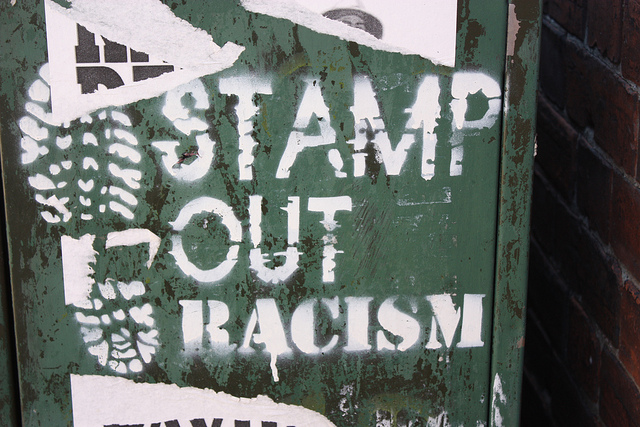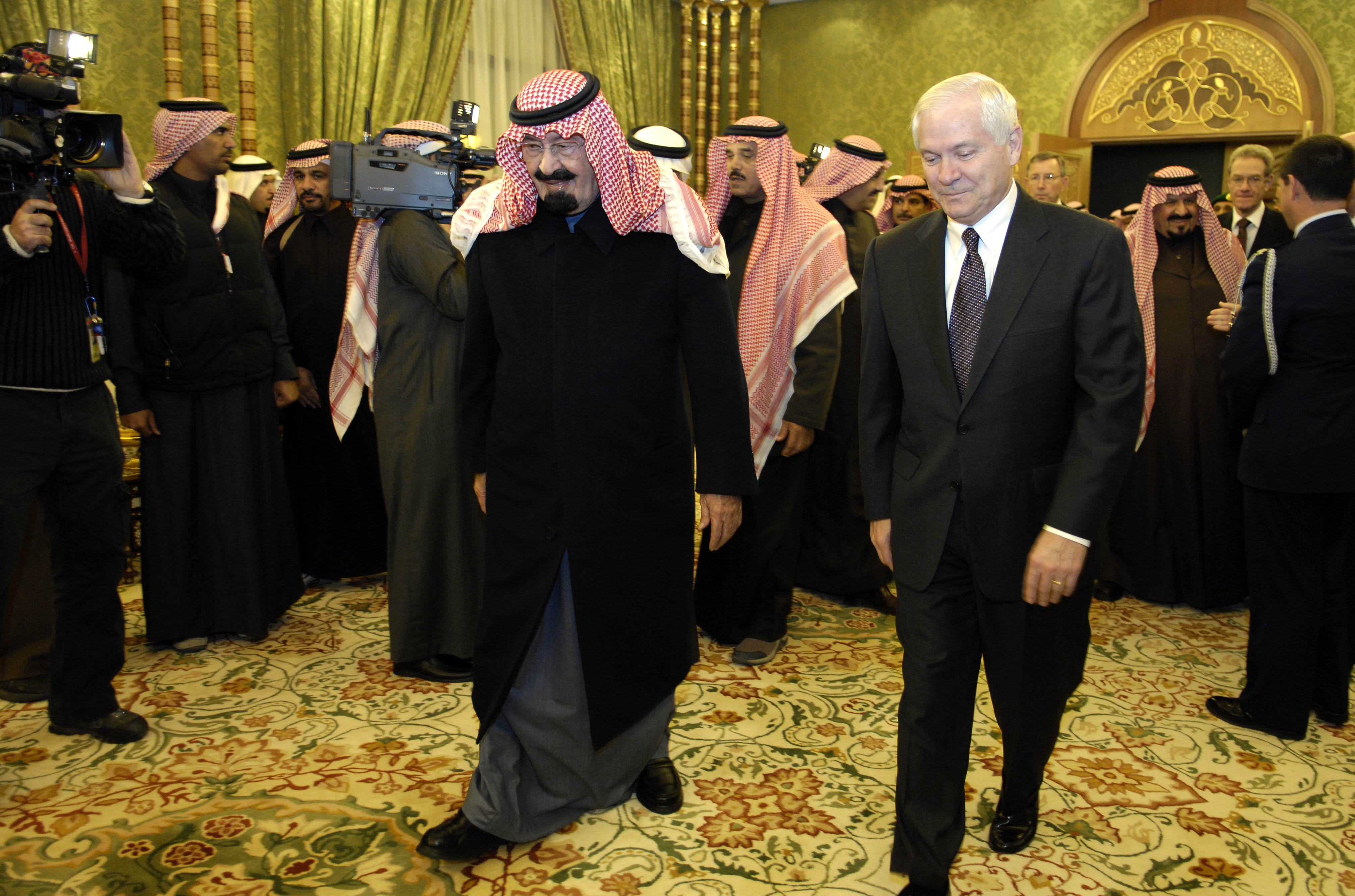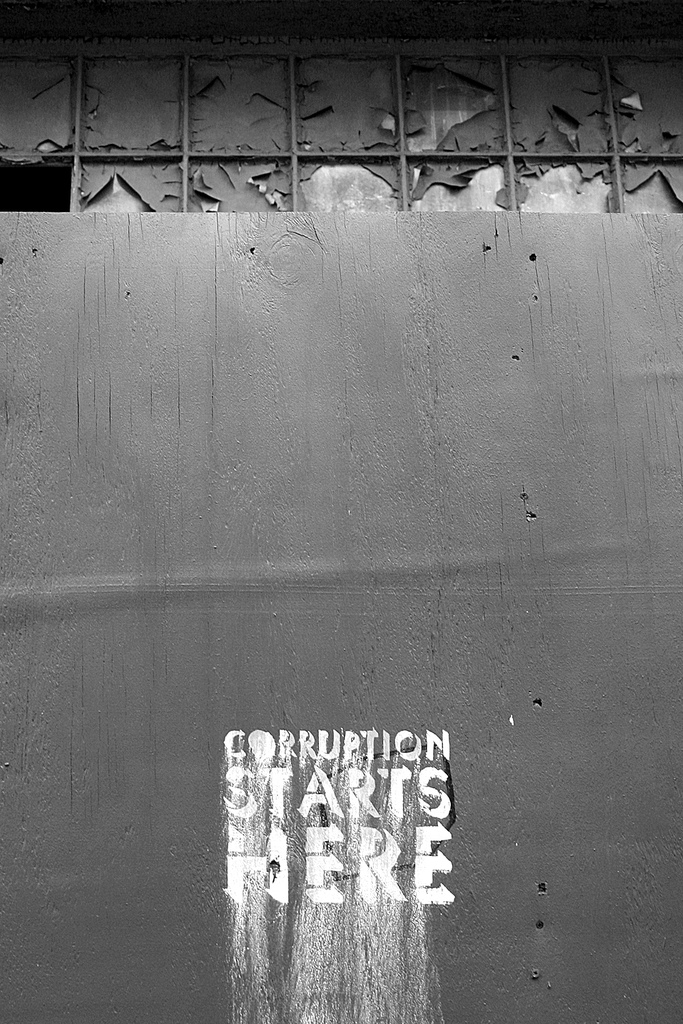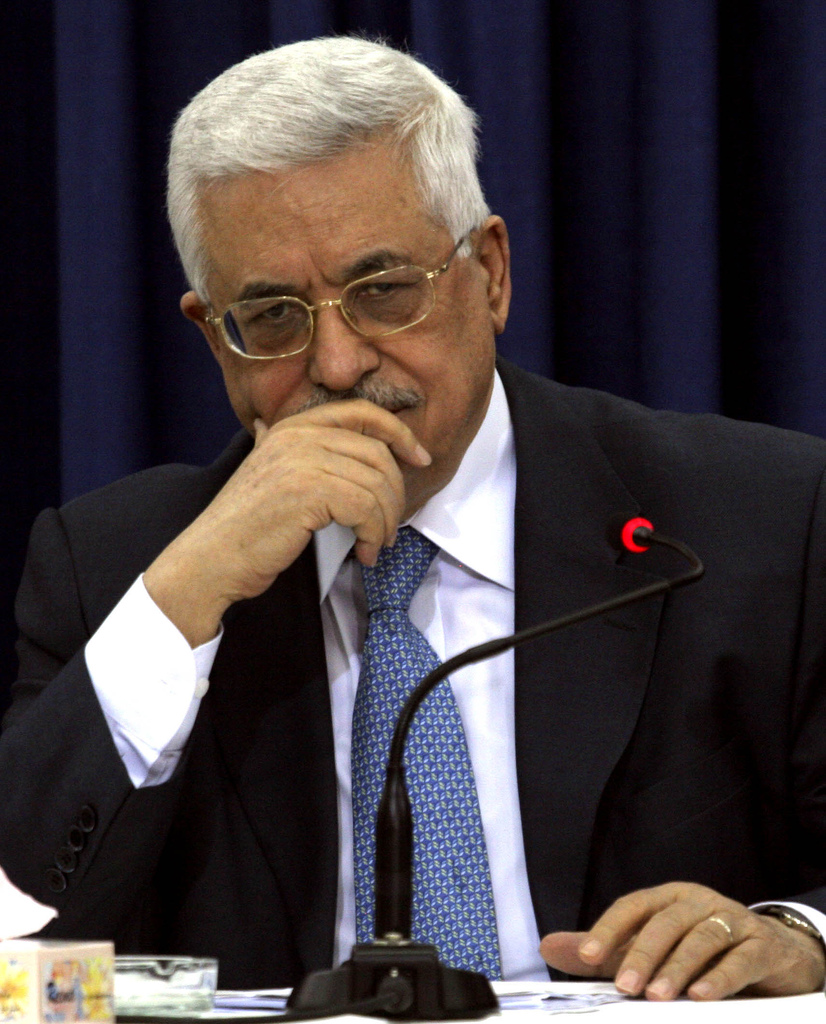
Movie Review: Microphone
Last September, director Ahmad Abdalla released his second feature film, Microphone, which received a warm reception from the international film community. The film was praised as a magnificent artistic achievement in a variety of international film festivals. In the aftermath of Egypt’s revolution the film provides valuable insight into Mubarak’s Egypt. The film follows the […]

Is One Enough: Implementing a One-State Solution for Israel and Palestine
Mainstream media and American political discourse have continually ignored the one-state solution as a viable option for the resolution of the Israeli-Palestinian conflict. The concept has been dismissed as too radical, though its background points to a history older than Israel and is rooted in the basic tenets of democracy and justice. The more prominent […]

Division in Northern Ireland: Protestants, Catholics and ‘Others’
It can be easy to belittle the progress made by the political and social systems in Northern Ireland (NI) since the signing of the Belfast Agreement in 1998, but let there be no mistake that the headway being made in NI is remarkable. Despite this growth, the society remains segregated. The two principal groups are […]

America in Decline: Can the United States Continue to Compete?
The West enters the twenty-first century at a crossroads. Having long been the model for economic and political success, the aftereffects of the 2008 Great Recession have resulted in a world in which developing countries with emerging markets now have greater economic dynamism than years past, while old economic powerhouses are struggling to secure their […]

Symptoms of Cold Warfare between Saudi Arabia and Iran: Part 1 of 3
This is the first in a three-part series that will examine the historical foundations, current dynamics, and future prospects of the relationship between Iran and Saudi Arabia in light of the recent allegations that the Iranian government attempted to assassinate a Saudi diplomat in the United States. This October, the attention of the world […]

Misusing Power: National Security and Corruption
Corruption is a contested concept with its understanding connected to societal, cultural and governance norms and values. A shorthand definition of corruption, found in the Transparency International Plain Language Guide, defines it as: “The abuse of entrusted power for private gain.”[i] According to the World Bank, for policy purposes corruption can be best understood as: […]

The Euro: Not Short on Friends, Yet Homeless
An old dog may not be taught new tricks, but the ailing European Union (EU) can be further economically and politically domesticated by enacting necessary reforms to address its sovereign debt crisis. Though many European governments and banks managed to emerge relatively unscathed after the 2008 financial crisis, largely by avoiding American credit markets,[i] the […]

A Path to a Unified Korea: Redefining the Korean Reunification in the 21st Century
The Present and Prospective East Asian Geopolitical Structure Korean economists often say “every time China or the US sneezes, it’s Korea that catches the cold.” This saying applies to both political and economic realities facing South Korea. Caught between the two superpowers, South Korea’s political and economic decisions are inevitably dependent on the policies of […]

Governmental Population Policy in China: The Consequences
Widely known throughout the world as one of the 20th century’s most impactful examples of family planning policy, China’s One-Child Policy (OCP) has caused serious social and ethical problems that have resulted in enormous changes in family dynamics, gender roles and demographics with Chinese society. Referred to as “the most massive human rights violation on […]

What now: The Palestinian Bid for Statehood
On Friday, September 23rd, 2011, upon commencement of the annual session of the United Nations General Assembly, Palestinian Authority (PA) President Mahmoud Abbas presented a historic statehood recognition request before the Security Council. This comes after half a century of conflict, which was supposed to end with the signing of the Oslo Accords in 1993 […]
